Key Takeaways
- For most pre-meds, the MCAT is still an essential step in the admissions process.
- A handful of U.S. programs let students skip the MCAT, but they are rare and highly competitive.
- Early assurance programs (EAPs) allow strong undergraduates at certain schools to apply early and avoid the MCAT.
- Combined BS/MD or BA/MD programs admit students directly from high school and often don’t require the MCAT.
- Some international medical schools—especially in the Caribbean—admit students without the MCAT.
- Special pathways (like post-bacc linkage or advanced-degree programs) may also waive the requirement.
For most pre-med students, the MCAT feels like an unavoidable rite of passage. Long hours of studying, expensive prep courses, and the pressure of scoring high enough to be competitive can make the MCAT one of the most stressful parts of the medical school journey.
But what if you could become a doctor without ever taking it? Are there medical schools that don’t require the MCAT? The answer: yes—but with important caveats.
Option 1: Early Assurance Programs (EAPs)
Some U.S. medical schools offer early assurance programs that allow exceptional undergraduates to secure a seat in medical school without taking the MCAT. However, EAPs are usually only offered to high-performing sophomores or juniors at select universities.
- Requirements: Typically, a strong GPA (often 3.5+), outstanding recommendations, and demonstrated commitment to medicine are required.
- Catch: Admission is limited to students at certain affiliated colleges, so not every pre-med can apply.
Option 2: BS/MD and BA/MD Programs
Combined degree programs let students apply to medical school directly out of high school. Once admitted, they progress from their undergraduate years straight into medical school—often without needing to take the MCAT.
- Benefits: These programs eliminate the uncertainty of applying to medical school later and provide a clear path from day one.
- Catch: They are extremely competitive, and you must commit to medicine early in life.
Option 3: International Medical Schools
Some foreign medical schools do not require the MCAT for admission.
- Catch: U.S. residency placement rates can be lower for international grads, and you may face more obstacles returning to the U.S. for training.
Option 4: Special Admissions Pathways
A few programs waive the MCAT for certain applicants, such as those with advanced degrees (PhDs, other health professional doctorates) or those applying through linkage programs with post-baccalaureate pre-med programs.
Should You Skip the MCAT?
While it’s tempting to avoid the stress, the MCAT is designed to test skills you’ll need in medical school. Admissions committees often use it to compare applicants from different academic backgrounds.
If you take a no-MCAT pathway, you’ll need to demonstrate your academic readiness in other ways—through GPA, rigor of coursework, and strong extracurriculars.
Doors Exist, But Don’t Count on Bypassing the MCAT
Yes, there are ways to get into medical school without the MCAT—but they are limited, highly competitive, and usually require early commitment. For the vast majority of pre-meds, the MCAT remains a key part of the journey.
That said, if you’re still in high school or an early college student, looking into BS/MD or EAPs could be a smart move if you want to keep your options open.
If you’re already well along on your pre-med journey, consider pursuing a Master of Science in Medical Sciences (MSMS) with a Tiber Health University Partner. Our curriculum can help you build your academic credentials, and you’ll also have the opportunity to prepare for the MCAT. Find a partner near you today!
Further Reading & Resources
Med School Coach: A Guide to Medical Schools That Don’t Require the MCAT



